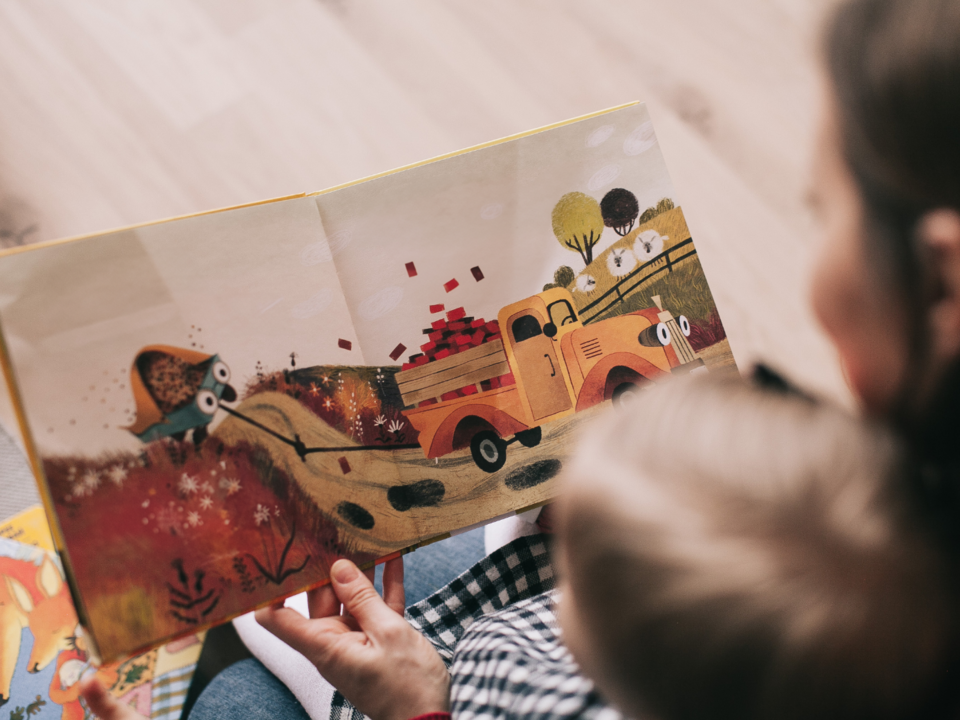Childhood Experiences Questionnaire

What is the Childhood Experiences Questionnaire?
The CHEQ is a survey completed by parents and caregivers at the start of the Kindergarten school year. It helps teachers, school administrators and community partners to provide and improve targeted supports for children and families.
The CHEQ is used to:
- Develop district-wide programs and policies;
- Improve classroom planning and school programming; and
- Better understand the early experiences of children and families.
The CHEQ At a Glance:
- Completed by parents and caregivers at the beginning of the school year.
- Completed during a designated time at school or online at home.
- Takes approximately 20 minutes to complete.
- Gathers information on children’s experiences that are important to their healthy development and well-being.
- Information is summarized in individual, classroom, school and district reports.
- Used by schools and communities to provide targeted supports and services to children and their families.
The CHEQ includes questions about children’s experiences prior to Kindergarten, such as their interactions with others, activities at home and in the community, and access to and use of community resources and services.
The CHEQ asks parents and caregivers about:
Their child’s experiences related to physical health and overall well- being including daily physical activities, routine health care check-ups, nutrition and sleep habits.
A variety of experiences that influence their child’s language development and cognition, including reading, storytelling, engaging in conversation and pretend play, rhyming, using pens and pencils, counting and sorting, painting and more.
Different social experiences their child may have had before Kindergarten, including playing with other children, sharing and helping others. In addition, parents/caregivers are asked about opportunities their child may have had to talk about their emotions and the emotional experiences of others.
Their child’s experiences in non-parental care arrangements and preschool, as well as challenges faced when looking for care. They are also asked about their child’s experience with intervention programs and supports.
Their perceptions of neighborhood safety, opportunities for children to play outside in their neighborhood, social support networks and whether neighbors can be counted on to look after children.